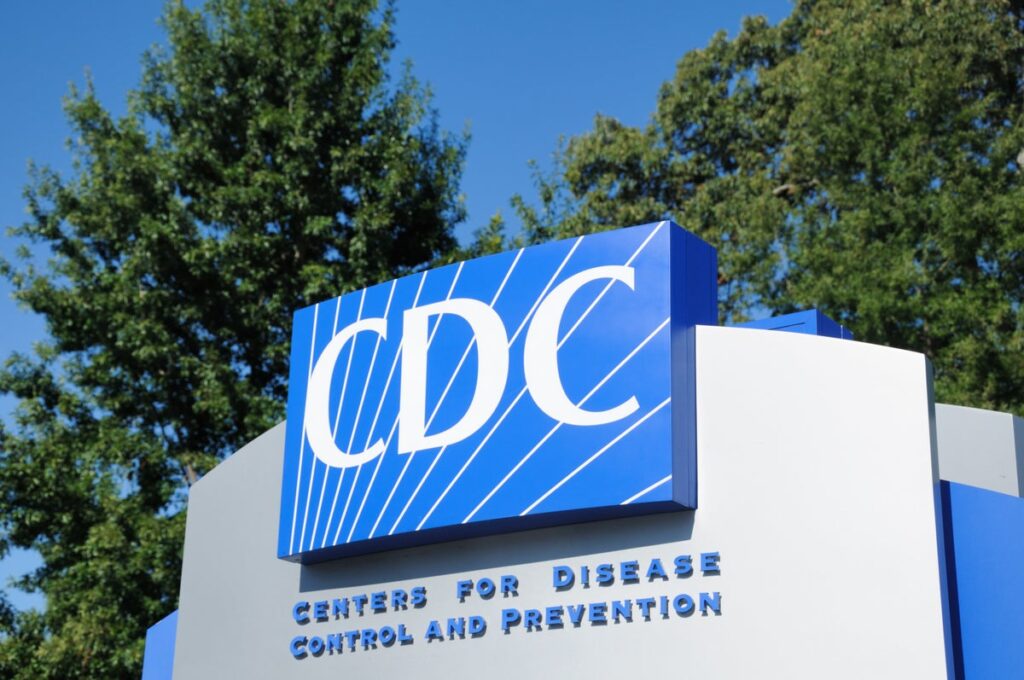November 20, 2025
2 min read
CDC Vaccine Website Promotes Antiscience Claims of Autism Ties
The CDC this week quietly changed its official language to suggest vaccines may cause autism, a claim that scientists say has no basis in evidence
The U.S. Centers for Disease Control and Prevention has quietly revised a vaccine safety page on its website to introduce language that suggests uncertainty over whether vaccines cause autism, echoing ideas promoted by Health Secretary Robert F. Kennedy, Jr., a longtime vaccine skeptic.
Experts who spoke to Scientific American decried the changes as anti-science and potentially harmful. “This is a tragedy,” says University of Minnesota epidemiologist Michael Osterholm.
The administration’s move rejects decades of evidence showing there is no link between vaccines and autism, he says, adding that the changed guidance poses a public health risk because it could discourage vaccine uptake.
On supporting science journalism
If you’re enjoying this article, consider supporting our award-winning journalism by subscribing. By purchasing a subscription you are helping to ensure the future of impactful stories about the discoveries and ideas shaping our world today.
The website change “signals that truth carries no weight in the current and future discussions on vaccines,” and because of that, Osterholm says, “children will die.”
Previously, the CDC webpage cited decades of research showing that vaccines do not cause autism. The new version, which was apparently updated on Wednesday, states that the claim “vaccines do not cause autism” is not evidence-based and that “studies supporting a link have been ignored by health authorities.”
Since 1998 researchers across seven countries have conducted more than 40 high-quality studies involving more than 5.6 million people that have investigated such claims and have found no link between autism and vaccines, said Susan J. Kressly, president of the American Academy of Pediatrics, in a statement. One 2019 study, for example, found no evidence of a tie between autism and the measles, mumps and rubella vaccine in a group of more than 657,000 children.
“There is no link between vaccines and autism,” Kressly said. “Anyone repeating this harmful myth is misinformed or intentionally trying to mislead parents.”
The CDC update also states that officials will start investigating early childhood vaccinations and autism.
“It will be hard for the public to trust anything the CDC has to say after this,” says Brian Lee, an epidemiologist at Drexel Dornsife School of Public Health.
The CDC did not immediately respond to Scientific American‘s request for comment.
It’s Time to Stand Up for Science
If you enjoyed this article, I’d like to ask for your support. Scientific American has served as an advocate for science and industry for 180 years, and right now may be the most critical moment in that two-century history.
I’ve been a Scientific American subscriber since I was 12 years old, and it helped shape the way I look at the world. SciAm always educates and delights me, and inspires a sense of awe for our vast, beautiful universe. I hope it does that for you, too.
If you subscribe to Scientific American, you help ensure that our coverage is centered on meaningful research and discovery; that we have the resources to report on the decisions that threaten labs across the U.S.; and that we support both budding and working scientists at a time when the value of science itself too often goes unrecognized.
In return, you get essential news, captivating podcasts, brilliant infographics, can’t-miss newsletters, must-watch videos, challenging games, and the science world’s best writing and reporting. You can even gift someone a subscription.
There has never been a more important time for us to stand up and show why science matters. I hope you’ll support us in that mission.

